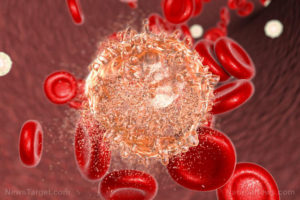 Woman, 27, Diagnosed With Blood Cancer Shares 7 Symptoms She Overlooked
Woman, 27, Diagnosed With Blood Cancer Shares 7 Symptoms She Overlooked
A woman who was diagnosed with stage 2 Hodgkin lymphoma has shared the symptoms that led to her diagnosis, revealing she had blood cancer.
According to Mayo Clinic, Hodgkin lymphoma is a type of cancer that affects the lymphatic system, which helps the body fight germs and diseases. It’s a group of blood cancers that form in the white blood cells called lymphocytes.
Stage 2 indicates the cancer is found in two or more groups of lymph nodes… (Continue to full article)
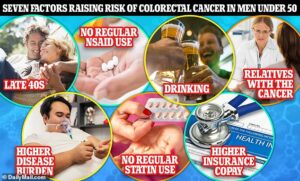
The above graphic shows the seven factors scientists say raise the risk of colon cancer in younger men
‘I’m a Gastroenterologist — These Are the 4 Colon Cancer Signs You Should Never, Ever Ignore’
Colon cancer rates are surging worldwide, especially among younger and relatively healthy people , making it more important than ever to know the signs of the disease and screen for it sooner. Early-onset colorectal cancer occurs in patients between 25 and 49 years old, and the current rate in most western and industrialized countries is 14 to 17 cases per 100,000 individuals.
“Colorectal cancer is the third-leading cause of cancer-related deaths in men and the fourth leading cause in women, according to the American Cancer Society… (Continue to full article)
 Common Cooking Oils Linked to Breast Cancer Growth
Common Cooking Oils Linked to Breast Cancer Growth
Scientists have discovered a mechanism connecting omega-6 fatty acids to aggressive breast cancer progression.
A type of fat found in commonly used seed oils has been linked to faster growth of one of the most aggressive and difficult-to-treat forms of breast cancer.
A recent study found that high linoleic acid consumption activated a critical growth pathway in cancer cells… (Continue to full article)
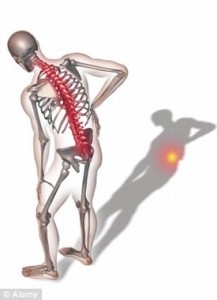
Bladder Cancer: Symptoms to Look Out for and When to See a Doctor
A “game-changer” study claims bladder cancer patients given an immunotherapy drug are a third less likely to see disease come back and are more likely to survive.
Patients with advanced (muscle-invasive) bladder cancer had significantly less risk of cancer progressing or returning when treated with durvalumab, and were more likely to still be alive two years after treatment.
Experts from the University of Sheffield and Barts Cancer Institute at Queen Mary University of London included 1,063 patients with operable bladder cancer in their study… (Continue to full article)
 Symptoms of Bladder Cancer in Women
Symptoms of Bladder Cancer in Women
Symptoms of bladder cancer can include issues that relate to passing urine, such as blood in urine and changes in the frequency of urination.
Overall, bladder cancer is more common in males than in females. About 9 in 10Trusted Source bladder cancer cases occur after the age of 55, with an average age of onset of about 73.
Blood in the urine is a common early sign, which many females may mistake for other issues or doctors may misdiagnose. This can lead to later-stage or more advanced cancer.
This article reviews the symptoms that females with bladder cancer may experience. It will also explain risk factors, prevalence, and the outlook for bladder cancer
Are Uterine Cancer and Endometrial Cancer the Same?… (Continue to full article)
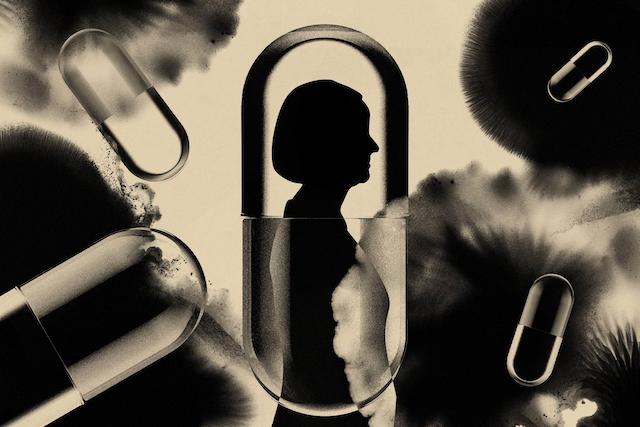

 Woman, 27, Diagnosed With Blood Cancer Shares 7 Symptoms She Overlooked
Woman, 27, Diagnosed With Blood Cancer Shares 7 Symptoms She Overlooked
 Common Cooking Oils Linked to Breast Cancer Growth
Common Cooking Oils Linked to Breast Cancer Growth
 Symptoms of Bladder Cancer in Women
Symptoms of Bladder Cancer in Women ~ Foreword ~
~ Foreword ~ Phenazopyridine — sold under various brand names including Azo, Pyridium, Prodium, Pyridiate, Baridium, and Uricalm — is available over the counter (OTC) in the US and UK at lower strengths and by prescription at higher strengths.
Phenazopyridine — sold under various brand names including Azo, Pyridium, Prodium, Pyridiate, Baridium, and Uricalm — is available over the counter (OTC) in the US and UK at lower strengths and by prescription at higher strengths.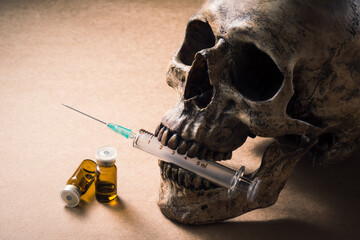 The FDA is forcing Pfizer and Moderna to use expanded warning labels about the risks of heart damage tied to Covid vaccines.
The FDA is forcing Pfizer and Moderna to use expanded warning labels about the risks of heart damage tied to Covid vaccines. What if everything you thought you knew about anxiety – or ADHD – was missing the bigger picture? In a powerful episode of The Mel Robbins Podcast , Mel sits down with psychiatrist Dr. Tracy Marks to unpack the deep, often misunderstood connection between these two conditions. What she shared can shift not just how you understand your own mental health, but how you support the people you love.
What if everything you thought you knew about anxiety – or ADHD – was missing the bigger picture? In a powerful episode of The Mel Robbins Podcast , Mel sits down with psychiatrist Dr. Tracy Marks to unpack the deep, often misunderstood connection between these two conditions. What she shared can shift not just how you understand your own mental health, but how you support the people you love.  1911, May 15
1911, May 15
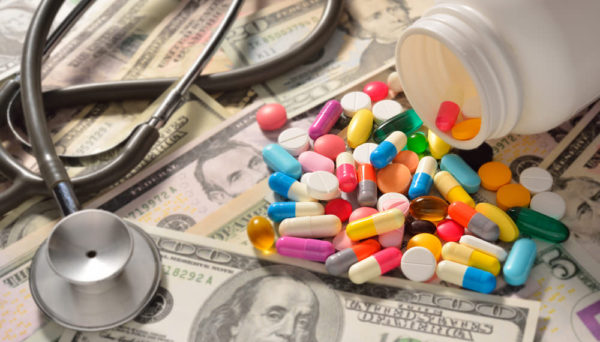 President Trump touted a new executive order that would more closely align drug prices in the US with those sold in Europe and the UK, opening the door for drugs used by millions of Americans to become cheaper.
President Trump touted a new executive order that would more closely align drug prices in the US with those sold in Europe and the UK, opening the door for drugs used by millions of Americans to become cheaper.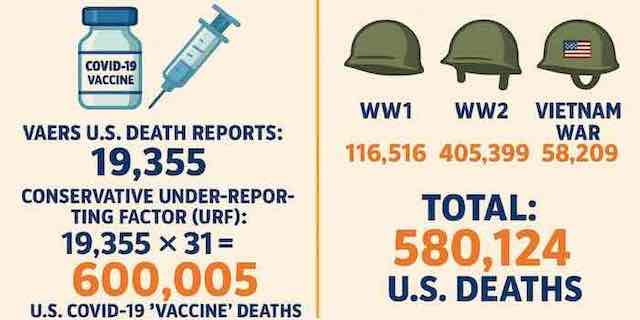 The medical establishment and the former Biden administration can assure America and the world about the safety and effectiveness of mRNA vaccines, but they cannot dispute the facts. People are dying in mass numbers.
The medical establishment and the former Biden administration can assure America and the world about the safety and effectiveness of mRNA vaccines, but they cannot dispute the facts. People are dying in mass numbers. 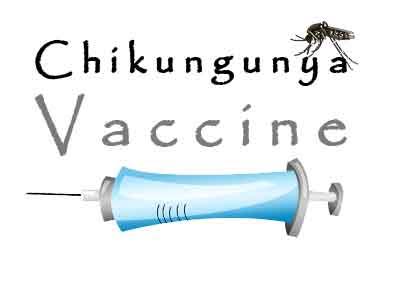 U.S. officials are recommending that adults aged 60 and up not receive the only available chikungunya vaccine after reports that older individuals who received the shot suffered severe symptoms typically associated with the chikungunya virus.
U.S. officials are recommending that adults aged 60 and up not receive the only available chikungunya vaccine after reports that older individuals who received the shot suffered severe symptoms typically associated with the chikungunya virus. I was a third week Senior at Glenbrook North High School in 1965 – and I knew that something was wrong…
I was a third week Senior at Glenbrook North High School in 1965 – and I knew that something was wrong…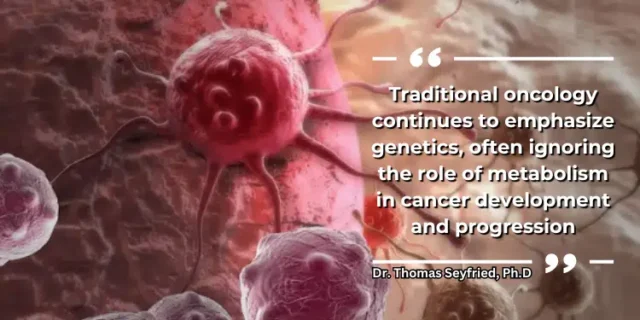 A doctor is calling for a ‘pause’ on a common medical test given to millions of people each year after research found it could be contributing to America’s cancer crisis.
A doctor is calling for a ‘pause’ on a common medical test given to millions of people each year after research found it could be contributing to America’s cancer crisis. The following letter was sent by Dr. Wm. D. Kelley, DDS, MS to patients who had been referred to him by other Doctors, and whose records were subsequently appropriated by agents of the FBI. Kelley subsequently submitted this to the Oklahoma Health Seeker for its Premier Monthly newsletter Issue, Volume 1, No. 1, April 1975.
The following letter was sent by Dr. Wm. D. Kelley, DDS, MS to patients who had been referred to him by other Doctors, and whose records were subsequently appropriated by agents of the FBI. Kelley subsequently submitted this to the Oklahoma Health Seeker for its Premier Monthly newsletter Issue, Volume 1, No. 1, April 1975.